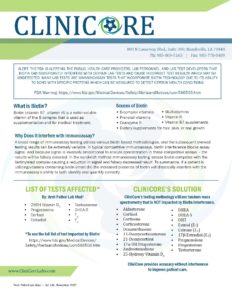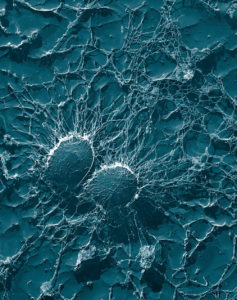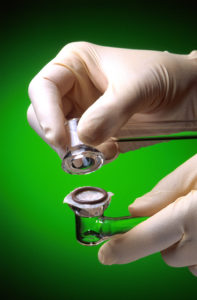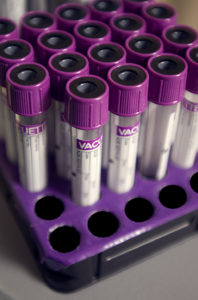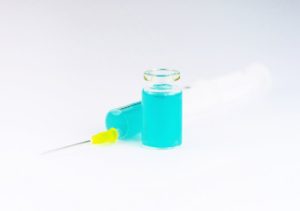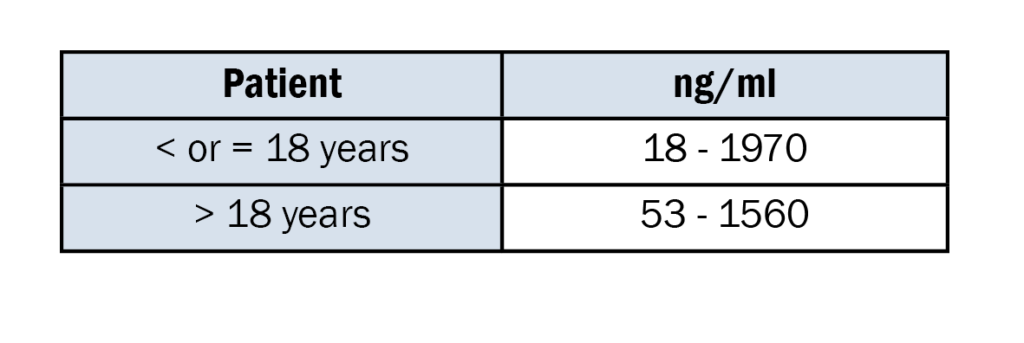
Per Mayo Medical Laboratories:
“In 11 beta-hydroxylase 1 (CYP11B1) deficiency, serum concentrations of cortisol will be low (usually <7 microgram/dL for a morning draw). 11-Deoxycortisol and 11-deoxycorticosterone are elevated, usually to at least 2 to 3 times (more typically 20 to 300 times) the upper limit of the normal reference range on a morning blood draw. Elevations in 11-deoxycortisol are usually relatively greater than those of 11-deoxycorticosterone because of the presence of intact 11 beta-hydroxylase 2 (CYP11B2). For this reason, serum concentrations of all potent mineral corticoids (corticosterone, 18-hydroxycorticosterone, and aldosterone) are typically increased above the normal reference range. Plasma renin activity is correspondingly low or completely suppressed. Caution needs to be exercised in interpreting the mineral corticoid results in infants younger than 7 days; mineral corticoid levels are often substantially elevated in healthy newborns in the first few hours of life and only decline to near-adult levels by week 1.
Mild cases of CYP11B1 deficiency might require adrenocorticotrophic hormone (ACTH)1-24 stimulation testing for definitive diagnosis. In affected individuals, the observed serum 11-deoxycortisol concentration 60 minutes after intravenous or intramuscular administration of 250 microgram of ACTH1-24 will usually exceed 20 ng/mL, or at least a 4-fold rise. Such increments are rarely, if ever, observed in unaffected individuals. The corresponding cortisol response will be blunted (<18 ng/mL peak).
In CYP11B2 deficiency, serum cortisol concentrations are usually normal, including a normal response to ACTH1-24. 11-Deoxycorticosterone will be elevated, often more profoundly than in CYP11B1 deficiency, while 11-deoxycortisol may or may not be significantly elevated. Serum corticosterone concentrations can be low, normal, or slightly elevated, while serum 18-hydroxycorticosterone and aldosterone concentrations will be low in the majority of cases. However, if the underlying genetic defect has selectively affected 18-hydroxylase activity, corticosterone concentrations will be substantially elevated. Conversely, if the deficit affects aldosterone synthase function primarily, 18-hydroxycorticosterone concentrations will be very high.”
References:
17. http://www.mayomedicallaboratories.com/test-catalog/Clinical+and+Interpretive/88221
